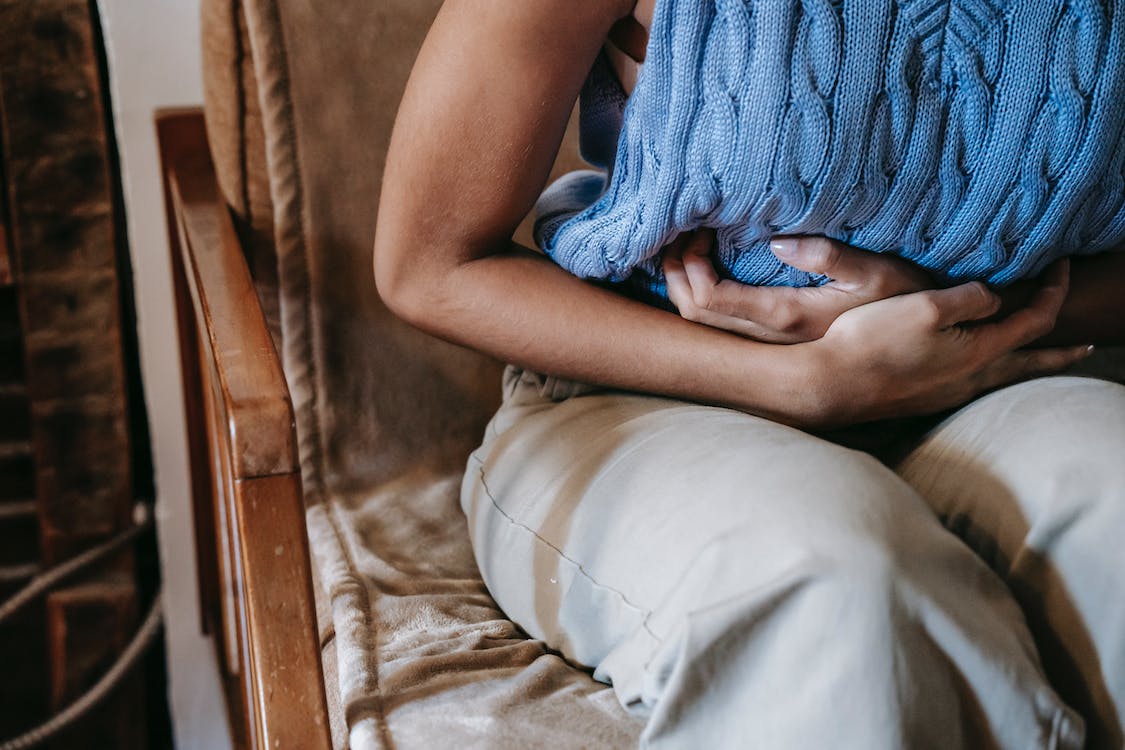HAVE U GOT ENDOMETRI0SIS?
Endometriosis occurs when endometrial-like tissue starts to grow outside of the uterus.
In addition to working with your gynecologist to manage endometriosis, try these self care strategies to ease your day-to-day life:
- Eat a Healthy Diet: A low-fat and primarily plant-based diet rich in fiber and antioxidants has been shown to decrease the symptoms of endometriosis, and some women with endometriosis have found that additional supplementation with vitamins D, C, and E has benefits as well, according to research published in february 2023. Also include foods high in omega-3 fatty acids in your diet, such as avocados, nuts, olive oil, and low-mercury wild fish, as these are linked to reduced inflammation.
- Stay Active: You may not want to exercise when you’re in pain, but when you feel up to it, try to move at least 30 minutes a day. A study from 2022 showed that women with endometriosis who exercised three days a week reported lower pain levels in the days after exercise.
- Try Acupuncture: Acupuncture may be helpful in combating pain related to endometriosis or in helping to regulate cycles. In this form of Chinese medicine, a practitioner applies small needles to body parts to help correct imbalances by increasing blood flow to those areas. For women with endometriosis, this often means getting acupuncture needles in the pelvic area and lower abdomen to help ease symptoms like cramps.
- Find Ways to Get a Good Night’s Sleep: Women with endometriosis are twice as likely to be affected by fatigue as those who don’t have the condition according to research. This fatigue was also linked to a seven-fold increase in insomnia. To get better sleep, start with the basics: Aim for a consistent bedtime, ensure your bedroom is dark and quiet, remove devices and distractions, and avoid large meals, caffeine, and alcohol close to bedtime. Cognitive behavioral therapy (CBT) to treat insomnia is also recommended before trying alternative options, such as pills or supplements. And if none of those approaches helps, A proponent of relaxing nighttime rituals to aid in getting some shut-eye: Try taking a bath with lavender and chamomile oils, which help with muscle relaxation.Bathing with Epsom salts can also help soothe pelvic and abdominal pain. You might also experiment with herbal teas that can help you sleep better, such as those with valerian root
- Be Kind to Yourself: If you keep track of your period and endometriosis symptoms on a monthly basis, you can get an idea of when you may experience the most pain. Try clearing your calendar during these times so you won’t have to rush between social and work obligations and can instead focus more on taking it easy.
- Explore the Mind-Body Connection: Living with pain is draining emotionally as well as physically — and so soothing your mind with approaches like meditation and deep breathing may help your body feel better. Mindfulness meditation can improve pain and depression symptoms in people who experience chronic pain according to study.
- Get Support: According to the EFA, more than 200 million worldwide have endometriosis. You can join online support resources and Facebook groups to connect with others who have endometriosis, or you might ask your gynecologist about local groups that can offer in-person opportunities to swap stories and opportunities.
- Try Ayurveda & Nature cure:These time tested healing sciences have fantastic means and approaches as far as endometriosis is concerned.

